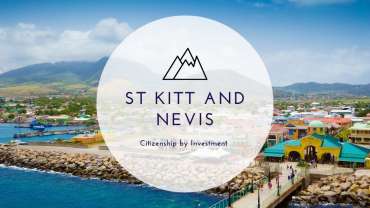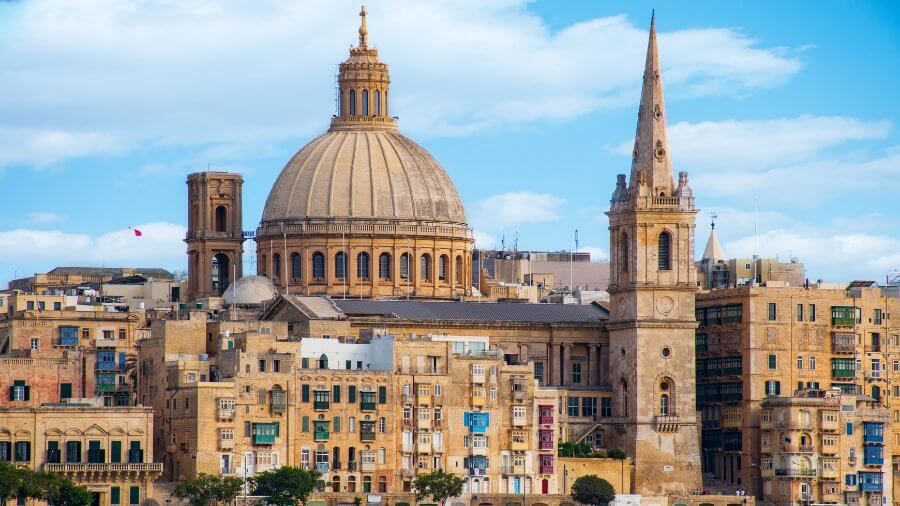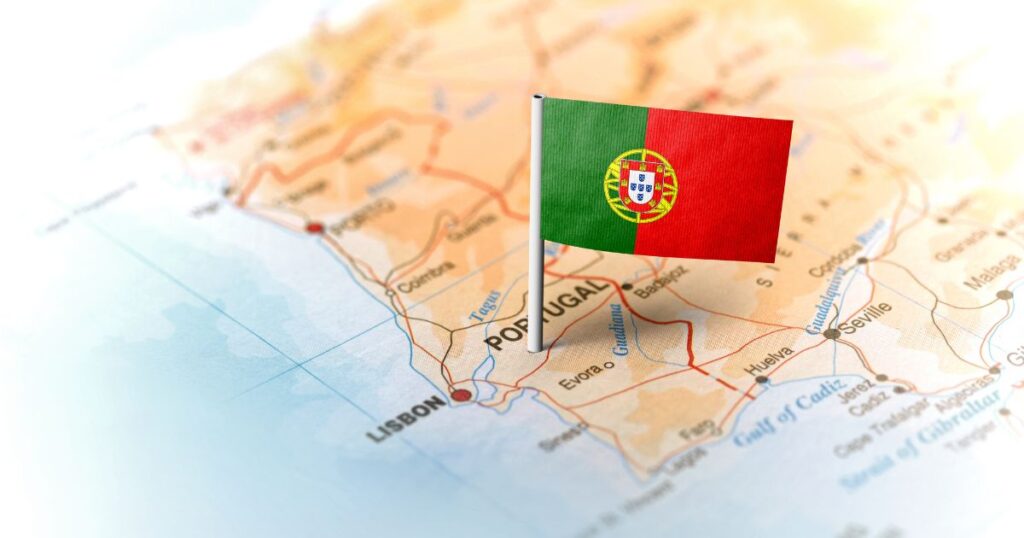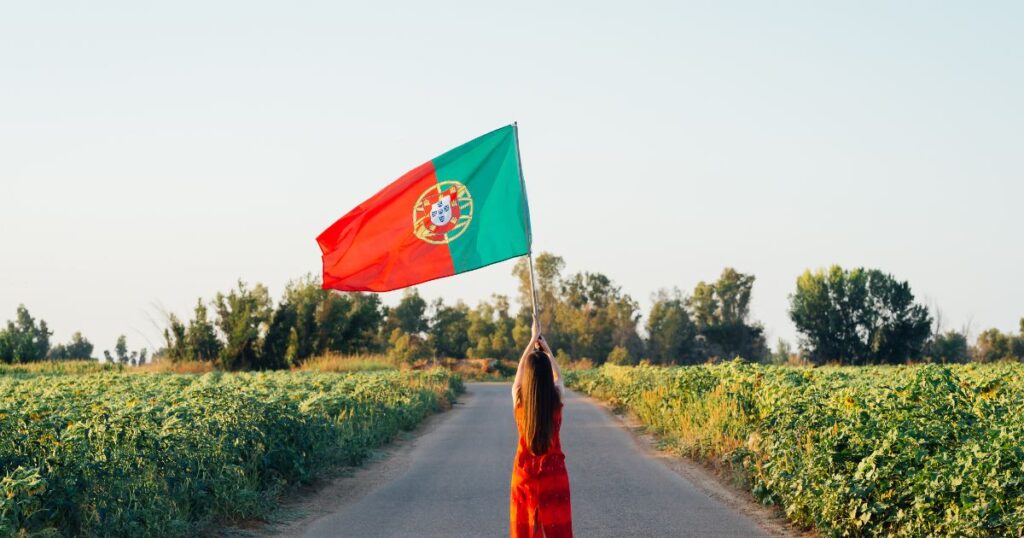St Kitts and Nevis, a twin island federation with small population of just 55,000 is well known to many as the birthplace of citizenship by investment industry in 1984. The citizenship Act of 1984 was established after gaining independence from United Kingdom in 1983. After 40 years, today St Kitts remains a global leader of $25 billion CBI industry. With surplus citizenship revenues, St.Kitts spent billions in development of country, hurricane recovery, battling covid pandemic, pensions and other infrastructure projects.
What inspired the island to sell citizenship? Sugar was the primary export of the twin island federation since 1940s, but in 2005 the sugar industry collapsed and closed down with the government desperate for alternate sources of funding. A decline of the traditional sugar and banana exporting industries, many cash strapped Caribbean islands resorted to an unusual method to raise revenue selling citizenship for money. The rapid growth of private wealth, especially in emerging market economies, has led to a significant increase in affluent people interested in greater global mobility to avoid obstacles posed by visa restrictions. At one point in 2013 the economy of SKN witnessed a 25% boost in growth thanks to CBI program [IMF].
Let us take a look at the timeline and evolution of St.Kitts and Nevis CBI program..
1984
St. Kitts has the oldest economic citizenship program in the eastern Caribbean under the Citizenship Act of 1984. The Act contains three investment options. The options are:
- $200,000 in St. Kitts and Nevis ten year Treasury bonds
- $250,000 in an investment project approved after March 1996, or
- $150,000 in a real estate development approved prior to March 1996.
In addition, registration fees for Kittitian citizenship are the EC dollar-equivalent to $35,000 for the head of household, $15,000 for the spouse, and $15,000 for each dependent under age 18.
2006
The SKN CBI only gained mainstream attention in 2006 when Henley & Partners, a global citizenship advisory firm, became involved in the restructuring of the programme to incorporate donations to the country’s sugar industry.
The Sugar Industry Diversification Foundation (SIDF) is a charity setup by Saint Kitts Nevis Govt to raise funds for the displaced sugar industry workers. The minimum contribution about is $250,000 per person and it is non-refundable by the Government, once passport is granted.
2009
The 2009 is an important year, St.Kitts received a visa waiver with EU which made St.Kitts a strong passport taking CBI program to new heights in terms of popularity .
2017
Hurricane Maria battered several caribbean states including St.Kitts. In a desperate bid to raise revenues, caribbean CIP nations engaged “race to bottom”, slashing citizenship costs to half from $125,000 offering limited time discounts
2018
St.Kitts canceled SIDF fund after creation of Hurricane relief fund. HRF fund option was closed as of March 30, 2018. This option has been retired, replaced by new Sustainable Growth fund under the CBI programme, effective from April 1, 2018 The Sustainable Growth Fund for a single applicant will require a contribution of US $150,000, inclusive of Government fees. The contribution for a family of up to four will be US $195,000 following incremental steps.
2019
As of 2019, CIP has witnessed record growth and surging demand for St Kitts passports. The CIP revenues has exceeded one billion dollars and much of the revenues have been spent on welfare projects. The CBI program had a profound impact on the luxury hotel industry in SKN. Several five star hotels and luxury resorts like Park Hyatt have been funded by CBI program of St Kitts and Nevis, giving a big boost to tourism sector and cruise passengers.
2020
The Covid pandemic is a worldwide crisis of epic proportions. With constant fears, no economy, no tourism the CIP caribbean countries are were offering discounts for citizenship by investment programs, to raise revenues and battle Covid-19. These are limited covid time discounts are largely targeted to attract families thinking about second nationality. The SKN government offered several discounts to families applying for families until 2021.
2023
Due to increased international pressure and EU criticisms, St Kitts completely revamped the CBI program from Jul 2023, raising the minimum threshold to $250,000 from previous $150,000. The SGF fund was replaced by Sustainable island state contribution (SISC) by the new government.
2024
St.Kitts signed Memorandum of Agreement (MoA) with other four CIP caribbean nations to set common pricing framework, governance, and pricing structure. Further SKN reduced the SISC pricing for families, inline with the caribbean countries.





